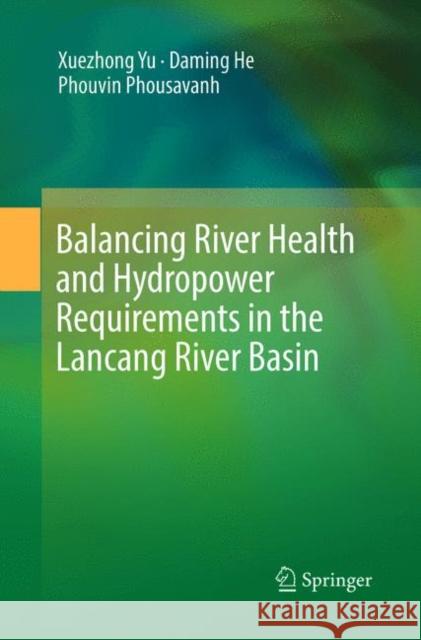Balancing River Health and Hydropower Requirements in the Lancang River Basin » książka
topmenu
Balancing River Health and Hydropower Requirements in the Lancang River Basin
ISBN-13: 9789811346491 / Angielski / Miękka / 2019 / 287 str.
Kategorie:
Kategorie BISAC:
Wydawca:
Springer
Język:
Angielski
ISBN-13:
9789811346491
Rok wydania:
2019
Dostępne języki:
Ilość stron:
287
Waga:
0.42 kg
Wymiary:
23.39 x 15.6 x 1.6
Oprawa:
Miękka
Dodatkowe informacje:
Wydanie ilustrowane











